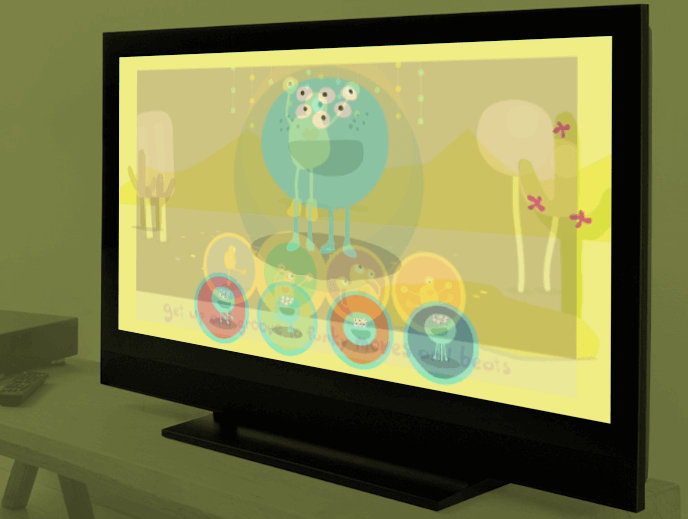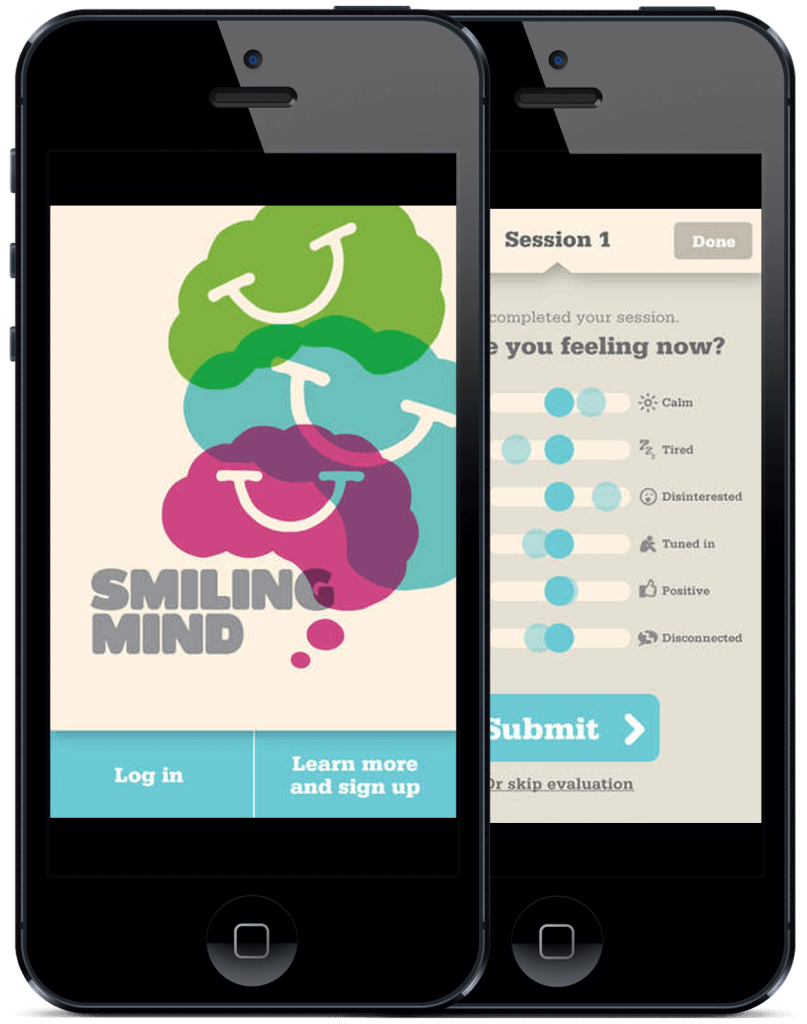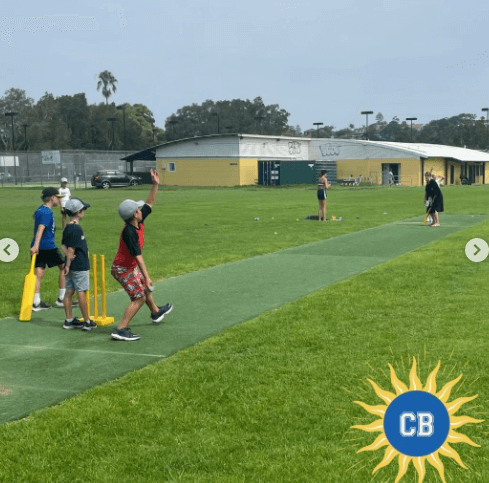Screen time for kids has been an ongoing debate in the parenting community ever since the invention of TV. With the introduction of computers, tablets and smartphones into our lives, this debate has only gained momentum.
While there is plenty of evidence to support keeping an eye on how long your child spends in front of screens and the kinds of activities they are choosing to do on them, there is also plenty of research as to how much children can benefit from using computers, tablets and smartphones. For some, this is a welcome relief as during winter it can be hard to keep coming up with new wet-weather activities for kids at home.
The Benefits of Computer Games and Apps
For every argument against children playing computer games, there’s a positive benefit that could come from it. Take a look at some of the benefits below to see what your child may gain from a bit of ‘time out’ on the computer:
Increasing memory – Many games require the players to remember sequences in order to be able to progress from level to level. Memory is like a muscle; it needs to be exercised in order to grow stronger.
Hand and eye co-ordination – Using your hands on the keyboard or joystick to control the action you are watching on the screen will help practice hand/eye co-ordination.
Skill-building – There are many skills used in computer games that are helpful when transferred to real-life situations such as; problem-solving, map-reading, managing finances and time management skills.
Learning for the future – A significant, yet often overlooked, benefit is the importance of kids learning technology skills that they will need in their future. Peter Gray PhD, explains it well in an article for Psychology Today:
“The computer is, without question, the single most important tool of modern society. Our limiting kids’ computer time would be like hunter-gatherer adults limiting their kids’ bow-and-arrow time.”
Of course, some programs are more beneficial to children than others. Below we take a look at some of the recommended games, programs and apps for kids aged five to 15-years.
Games for Ages 5-9

Educational games certainly don’t need to be boring these days! This award-winning game allows your child to create personalised animated comic books and narrate their own story through a self-record feature. This encourages creative expression while teaching kids how to read and write.

There are no monsters to be afraid of in this cute dance game. Kids are the choreographer for all dance moves and can have up to three monsters boogying on down at once. The catchy beats will have everyone dancing along with the monsters. Encourages explorative play, imagination and physical activity.
Games for Ages 10-15

“1 in 4 secondary students and 1 in 7 primary school students experience a mental illness and 75% of all mental illness has its onset before the age of 24.” – Smiling Mind.
That is why the team at Smiling Mind have been working hard at trying to achieve their goal of reaching 5 million young people by 2021 with their free app. Mindfulness helps memory, regulate emotions and leads to better focus and attention. This, in turn, helps reduce anxiety, stress and depression amongst other benefits.
Box Island – Coding

Coding has become an essential skill for kids to learn in modern-day life. There are many benefits to learning how to code, such as sharpening mathematical and writing skills, problem-solving skills and perhaps most importantly it helps to equip them for future careers. There is a strong demand for jobs that involve coding and that is something that won’t be changing any time soon.
Coding can be learnt through a variety of places such as classes at school, at places like Camp Blue where we offer Robotics at our Manly camp and via popular apps and games like Box Island.
Here at Camp Blue, we are strong advocates of children enjoying activities and the great outdoors instead of sitting for hours on the couch, glued to a screen. With that being said, moderation is key as with anything in life and your kids can enjoy a great many benefits from using computer programs and games in combination with other non-screen activities.




